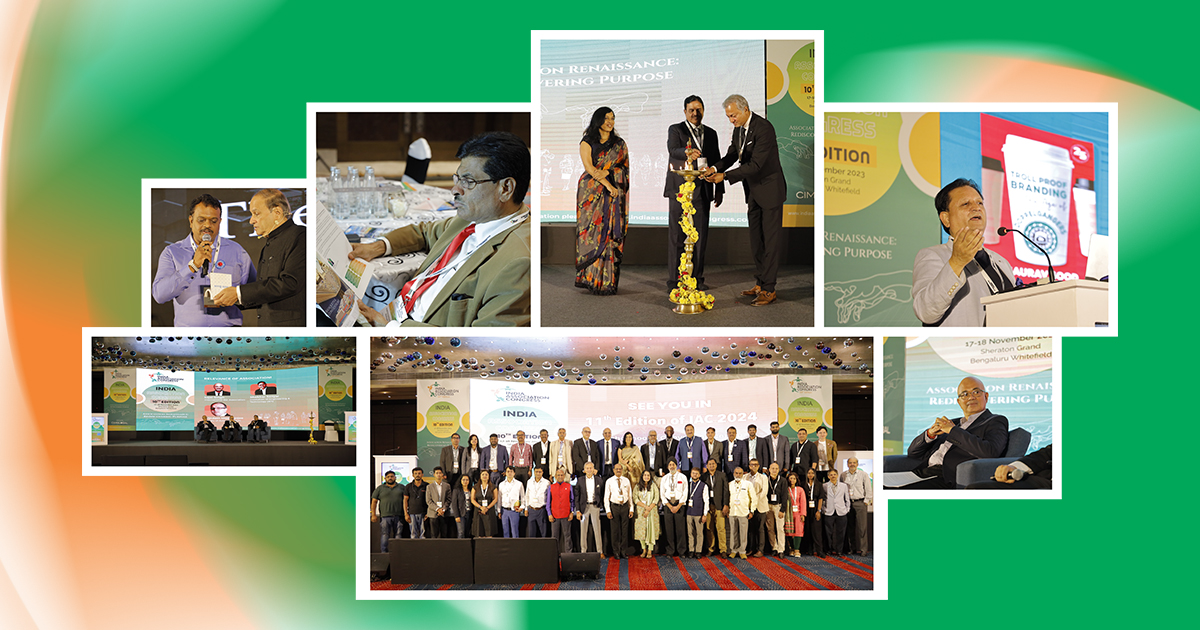Did you know the events can also play a leading role in your conversion strategy? Conversion is when the visitor comes as the attendee of your event and take some action, like filling up a form or register, it is known as conversion. There are associations who are looking for different ways to optimize the marketing funnel.
The marketing funnel is the set of steps a visitor needs to go through before they can reach the conversion. For example your association’s event, the attendee needs to know what the event is all about, then to show interest and then, of course, to be the part of it. With this, we can say marketing funnel is commonly divided into three stages i.e. awareness stage, consideration stage and decision stage.
Events are an incredible way to communicate with planned clients. In fact, 68% of B2B advertisers use in-person events for lead age activities while 51% of advertisers trust one-on-one interactions and relationship working at events advances an organization’s business objectives.
The Top of the Funnel speaks to the awareness stage for potential clients. This stage is just to recognize the association and its following events for the first time. This is the reason 64% of advertisers except shows and events are a key hotspot for new business and new prospects. A key test at the awareness stage isn’t giving the correct message to the right prospective customer. This is a simply instructive period of the whole marketing funnel. Networking the events i.e. socializing among the mass, giving the opportunities to the speakers to talk about the brand or the services is another process of the marketing funnel in the awareness stage.
The middle of the funnel represents the thought stage and usually takes up most of a prospect’s time with research, education, and evaluation happening simultaneously. For association and potential customers, this stage signifies a common disclosure procedure to decide whether your answer explains the prospect’s agony. This is the stage where the sales team is introduced to potential attendees. Marketers play a key role at this stage, too, as over 79% of event marketers generate sales through events. As preparing for events, it is very important for the sales team to have enough information about prospective customers to start a conversation and build relationships.
And at the bottom of the funnel at the decision stage (conversion stage) prospects have already invested time evaluating the whole concept of the event, the services and have spent time building a relationship with everything you offered or tried to deliver. Influence can make or break a deal. Events are key to the bottom of the funnel because they not only help enable a closed opportunity for the sales team but also set up the customer success team with a warm hand-off and the right expectations.
The challenge in the final sprint of the funnel is understanding how your solution aligns with your prospect’s loftier and long-term business goals. If you can identify the relationship between your solution and your prospective buyer’s goal you can help sway the decision-making process in your favor.
At last the quick recap explains that it is essential to identify the key challenges of each stage of the funnel and deliver event content that’s specific to the prospect’s challenges, shift the perspective to see each individual event as a new facet of your relationship with your prospect, no event can be complicated into a particular stage. Events are always relevant to marketing conversions.




